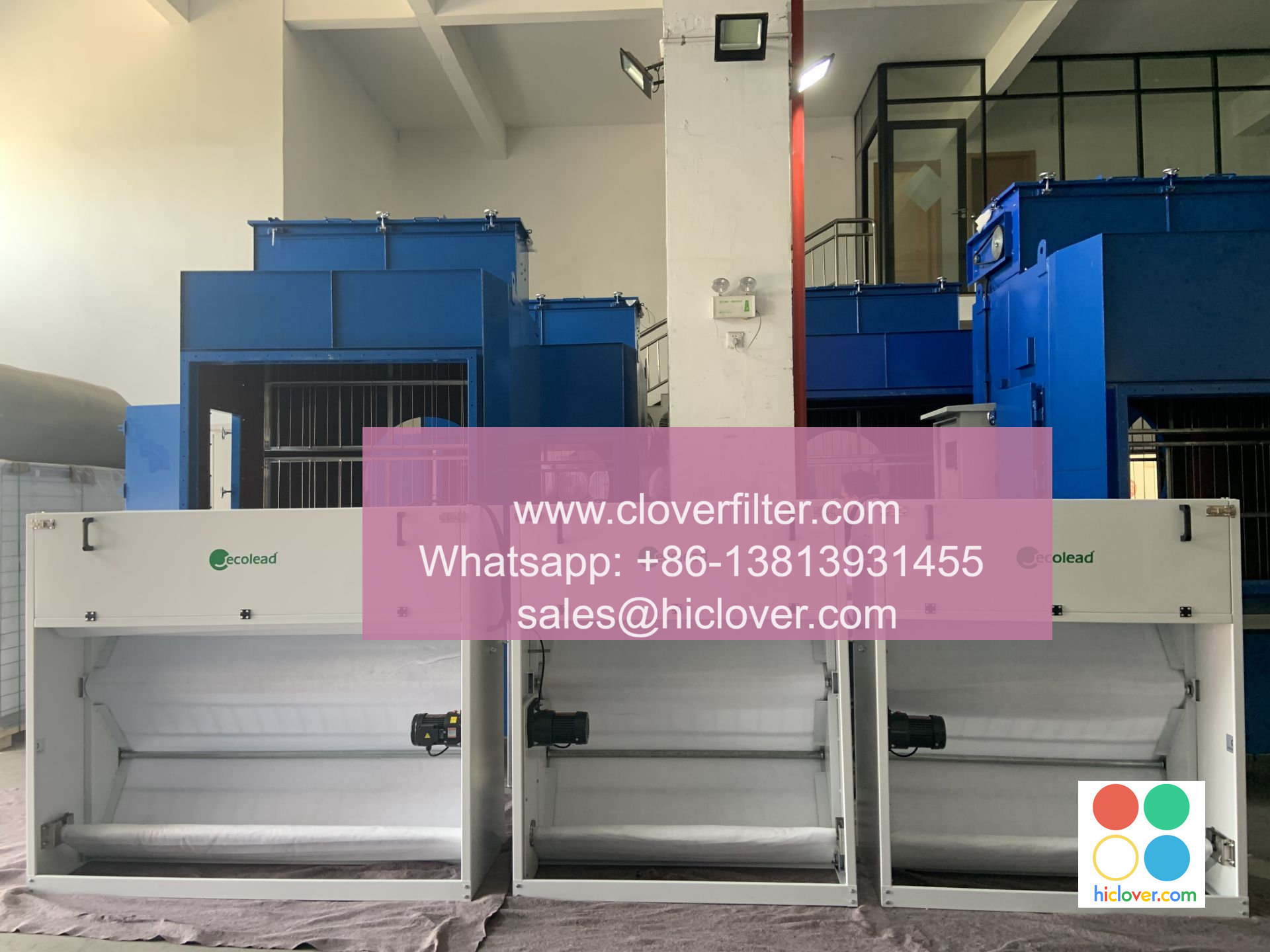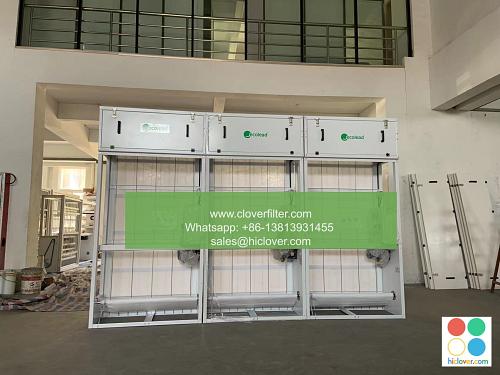The Environmental Benefits of Choosing the Right Air Filter

Choosing the right air filter can have a significant impact on the environment, and it’s essential to consider the indoor air quality (IAQ) and air pollution control when selecting an air filter. In this article, we will discuss the environmental benefits of air filtration and highlight various application areas where the right air filter can make a difference.
Reducing Greenhouse Gas Emissions
The production and transportation of air filters can contribute to greenhouse gas emissions (GHG) and climate change. However, by choosing an eco-friendly air filter with a high Minimum Efficiency Reporting Value (MERV) rating, you can reduce the energy consumption of your heating, ventilation, and air conditioning (HVAC) system, which can lead to a significant reduction in carbon footprint and GHG emissions.
Improving Indoor Air Quality (IAQ)
The right air filter can also improve indoor air quality (IAQ) by removing particulate matter (PM), volatile organic compounds (VOCs), and other air pollutants from the air. This is particularly important in commercial buildings, hospitals, and schools, where occupant health and productivity are a top priority. By choosing an air filter with a high capture efficiency for fine particles and ultrafine particles, you can create a healthier indoor environment and reduce the risk of respiratory problems and other health issues.
Application Areas
The right air filter can be applied in various areas, including:
* Residential buildings: Improve indoor air quality (IAQ) and reduce allergies and respiratory problems in homes.
* Commercial buildings: Enhance occupant health and productivity and reduce energy consumption in offices and other commercial spaces.
* Industrial settings: Protect equipment and processes from airborne contaminants and reduce downtime and maintenance costs.
* Healthcare facilities: Reduce the risk of hospital-acquired infections (HAIs) and improve patient outcomes by removing airborne pathogens and other contaminants from the air.
* Transportation systems: Improve air quality in vehicles, airplanes, and other modes of transportation to reduce occupant exposure to air pollutants.
Conclusion
In conclusion, choosing the right air filter can have a significant impact on the environment and indoor air quality (IAQ). By considering the environmental benefits of air filtration and selecting an eco-friendly air filter with a high MERV rating, you can reduce greenhouse gas emissions (GHG), improve occupant health and productivity, and create a healthier indoor environment. Whether you’re looking to improve air quality in residential buildings, commercial buildings, or industrial settings, the right air filter can make a significant difference. You haven’t provided a prompt or question for me to respond to. Please provide more context or information so I can give you a helpful and accurate answer. What would you like to talk about or ask?

